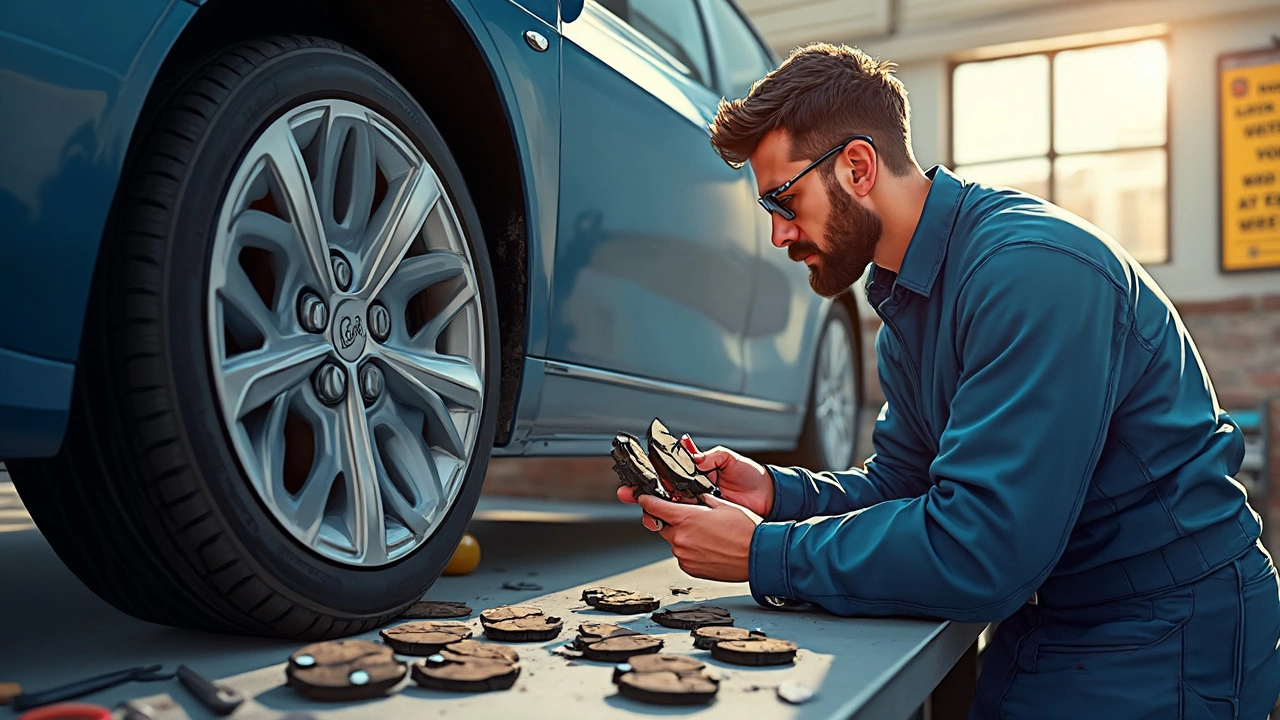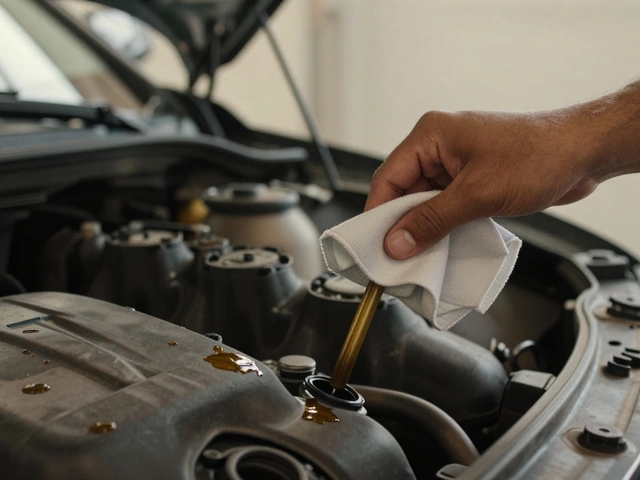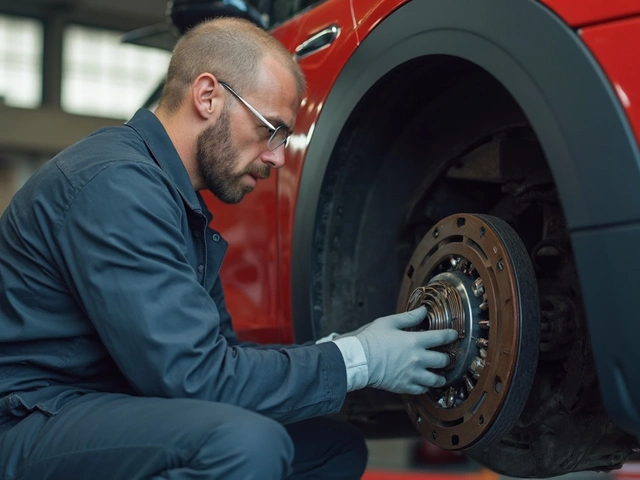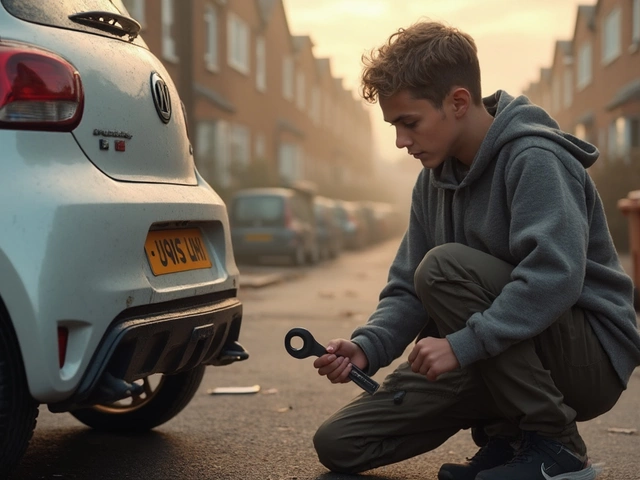Brakes: How to Keep Your Car Stopping Safely
Every time you press the pedal, the brakes do the heavy lifting. If they’re not working right, you risk losing control. So it pays to know the basics, see the warning signs early, and act before a small issue becomes a costly repair.
Typical brake complaints are easy to spot. A high‑pitched squeal usually means the pads are wearing thin. If the car pulls to one side when you brake, one side is probably gripping harder than the other – often a sign of uneven pad wear or a stuck caliper. Vibration through the steering wheel at higher speeds points to warped rotors. All three cues are worth a quick check.
When to Replace Brake Pads
Most drivers wonder if they can get away with changing only the rear pads. The short answer: only if the front pads are still thick enough and the car’s braking balance is good. Rear pads wear slower on front‑heavy cars, but they still need attention. Look for the wear indicator – a small metal tab that makes a squeal when the pad is about 3 mm thick. If you hear that noise, replace the pads right away.
Measuring pad thickness with a ruler is simple. Anything under 4 mm on either the front or rear means the pads are due for replacement. Swapping just the rear set can be fine, but it’s best to inspect the front pads at the same time. Unequal pads cause the brake bias to shift, which can make the car feel unstable when you brake hard.
DIY Checks and When to Call a Pro
You don’t need a garage to do a basic brake check. Start with a visual inspection: look through the wheel spokes for the pad thickness and any scoring on the rotor surface. Dark spots or deep grooves mean the rotor may need machining or replacement.
Next, check the brake fluid level in the reservoir. Low fluid can cause a soft pedal and reduced braking power. If the fluid looks dark or dirty, a flush is advisable – but let a professional handle the bleeding process to avoid air bubbles.
Take the car for a short test drive. Apply the brakes gently and note how the pedal feels. A firm, responsive pedal is ideal. If it sinks to the floor or feels spongy, you’ve got a leak or air in the lines – time to call a mechanic.
When in doubt, bring the car to Northwich Tyres Centre. Our team can check pad wear, rotor condition, and brake fluid health, then recommend the right parts and service. Keeping your brakes in top shape means safer trips and fewer surprise breakdowns.
 25 April 2025
25 April 2025
Is it Worth Replacing Brake Pads? Here’s the Real Deal
Wondering if you should bother replacing your brake pads? This article breaks down why it matters more than you might think. Find out what happens if you delay, how to spot the signs that your pads need changing, and tips to save money without cutting corners. Learn how brake pad replacement can impact your wallet, safety, and car performance. Get clear, practical advice before you hit the road.
Tags
- car maintenance
- engine oil
- spark plugs
- brake pads
- engine performance
- vehicle maintenance
- spark plug replacement
- windshield wipers
- fuel pump
- suspension parts
- clutch replacement
- oil change
- clutch kit
- car performance
- air filters
- car suspension
- car radiator
- exhaust systems
- engine misfire
- fuel pump failure






0